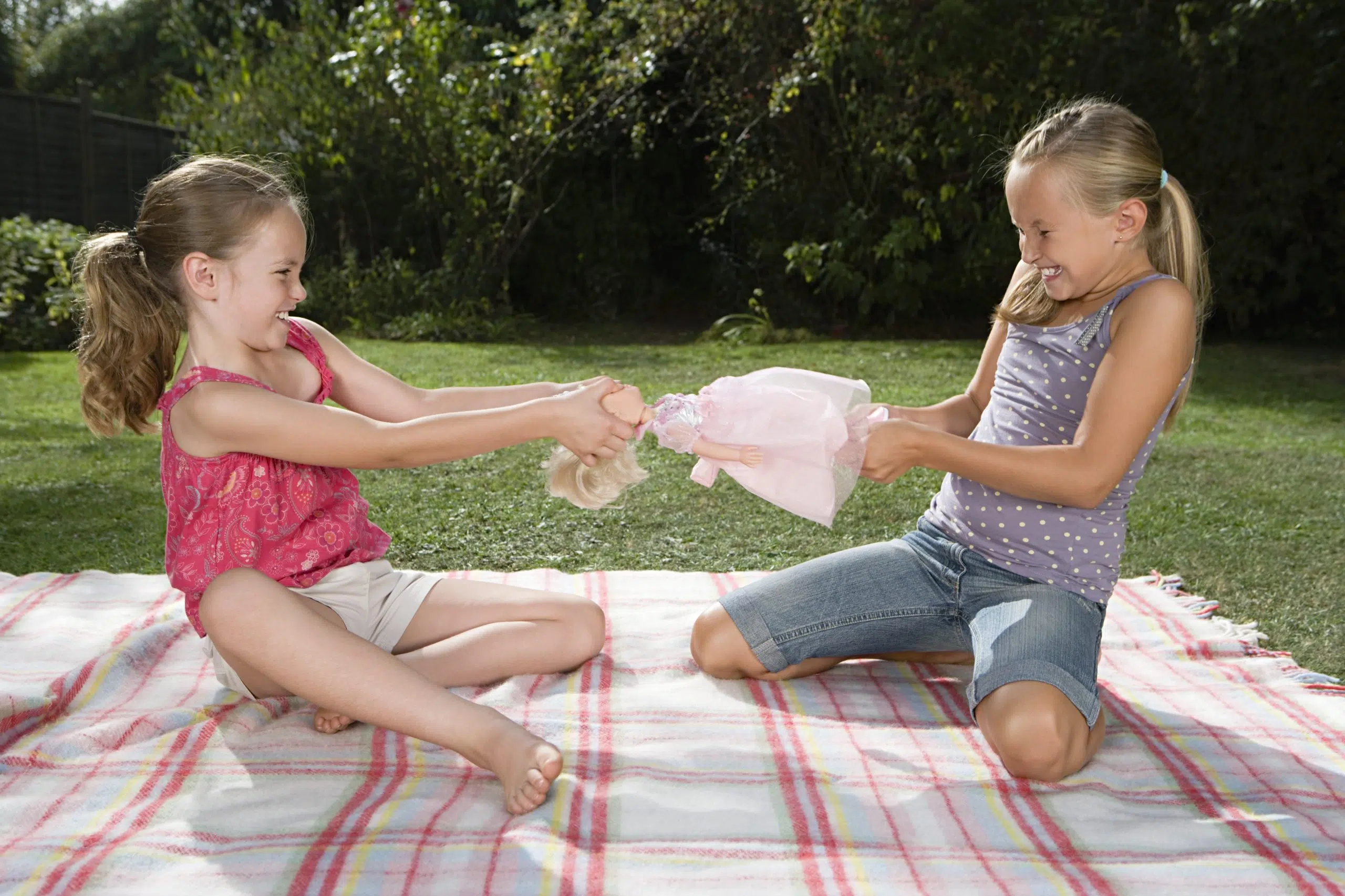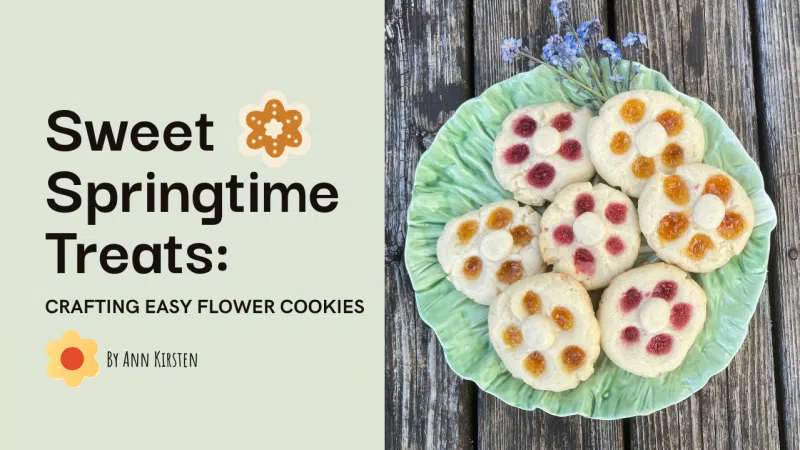Here’s the thing.
When my kids have friends over, I have one primary goal that I figure should be the result of allowing them to add more humanity to our constant chaos:
Stay out of my hair. Go play with your friend. That is why your friend is here. To keep you out of my hair.
Right?
And, generally, after fourteen requests for snacks and the ingredients to make slime (what is it with this current slime craze?), my kids and their buddies go off to recreate and I have a block of time to do luxurious things like fold laundry and frantically race to meet writing deadlines.
But sometimes…
Trouble seems to be a’brewing in the kid playdate game. Disagreements over the script for the Barbie session. Skirmishes over video game ethics. Controversy over what activity to engage in next.
And here they come. Pounding down the stairs. I like to think they’re seeking my wisdom, but really, they want me to call the shot. Their way.
Each of their ways.
Kids and conflict are going to happen. At school. On the soccer field. In dance class. And yes, on playdates where the primary goal was to keep everybody out.of.my.hair.
And instead, I have to set up a Lego-strewn UN meeting.
Here are some hints and tips for dealing with the Kids and Conflict lane, some things we can do to restore the peace and learn some things along the way:
1. Delay the Issuing of Edicts
It’s tempting, it really is. Two parties skid into your personal space and demand justice, each of them telling the story a different way. In the name of efficiency, it would seem easiest to skip all the replay and command peace. But in the interest of training our kids how to move through conflict in a healthy way, consider allowing each side to tell their story with the important following rules of engagement.
One at a time.
No interrupting.
No eye-rolling or frustrated sound effects.
Respectful retelling and listening.
The give and take of a healthy dialogue is a great thing to train and a kid conflict moment is a great place to start.
2. Remember That There Are Two Sides to Every Story…And Try to Leave Assumptions at the Door
Rarely is a disagreement a clear matter of a good guy and a bad guy. Sometimes. But rarely. And believe it or not, your little darling can sometimes be the one at fault. And believe it or not, your rabble rouser can sometimes be the innocent party. It’s not easy for our mama hearts to lay down the assumptions about our kids, whether we see them as pure peacemakers or pounding pugilists. Take a moment to really listen to what has gone down. Try to see it from both sides. And don’t jump to conclusions in the conflict.
3. Be a Coach, Not a Judge
Needing a solution to the squabble? Ask. Ask the two parties what they think a fair and reasonable solution is. Conflict is inevitable. How we manage it is not guaranteed. So let’s coach it. Let’s ask the involved parties to troubleshoot, to look for equitable options. You may need to step in and guide. But as much as possible, let’s equip kids with tools for resolving the discord.
4. Sometimes, You Gotta Give It Space
It shouldn’t be your go-to when conflict arises. But if a playdate goes south and stays there, it’s time to call the game. I’ve gotten a lot bolder through the years about ending the playtime early and escorting the play buddy home. Not as punishment. Not as payback. But simply because for any of us, there sometimes comes a time that we just need some space. The conversation isn’t working. The project gets jammed up. The relationship needs a little breathing room. It’s not wrong, it’s not avoidance. It’s simply wise. On occasion. Create some space and try again another day.
5. Be Buddies with Your Kids’ Buddies’ Parental Units
My kids’ most long-lasting friendships are the ones in which I’m buddies with their buddies’ parents. We share the same kind of goals for our kids. We can talk openly about any conflict that comes up. We can report on shenanigans without some kind of funky blaming fugue. We’re friends. And we care about each other’s kids. We don’t have to see eye-to-eye on everything and we absolutely can hold different views and opinions. But at the end of the day, are these parental units people I can talk to? Who I trust to coach my kids when my kids are in their home? Who trust me to coach when their kids are in my home? If not, particularly when kids are in the younger ages and seasons, it’s best to move on. And this note: our crew doesn’t do drama. The end. Not the mamas, not the kids. We’re all here to love and listen and learn. Not command center stage.
Now, this.
Sibling conflict is a different animal.
Which we will tackle in another post.
But when friendship conflict arises, go forth.
Learn to teach how to fight fair.












